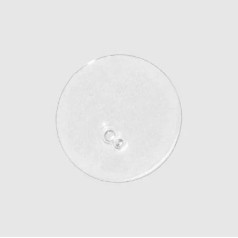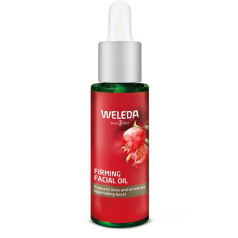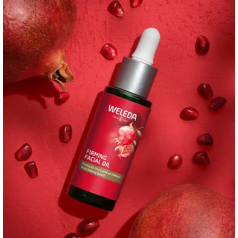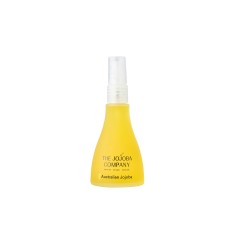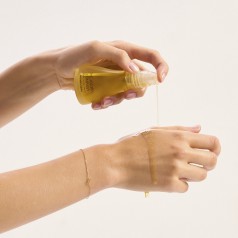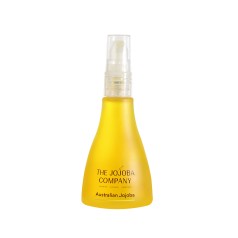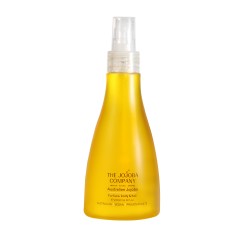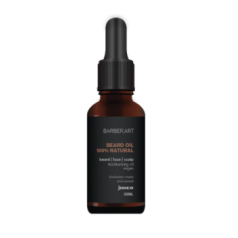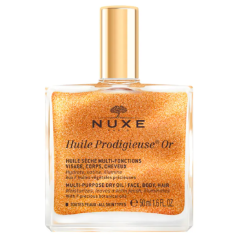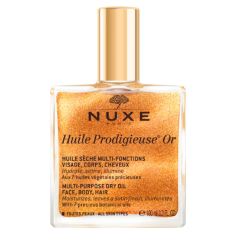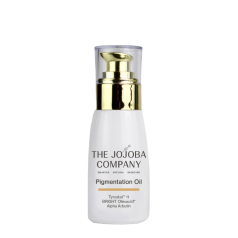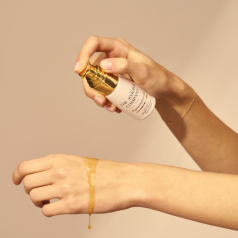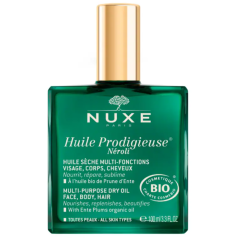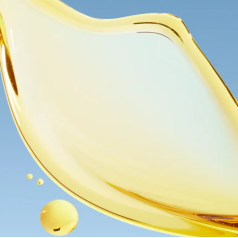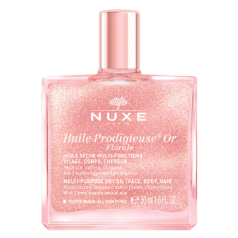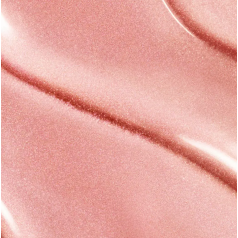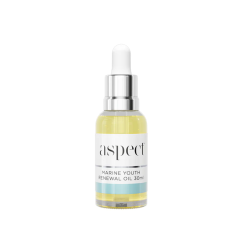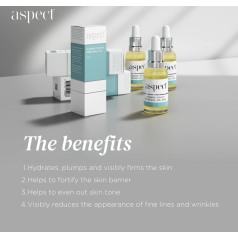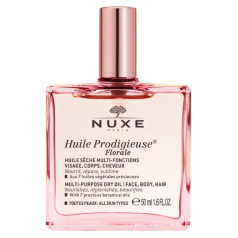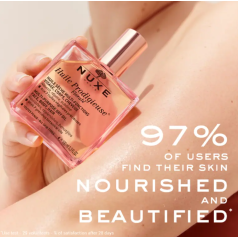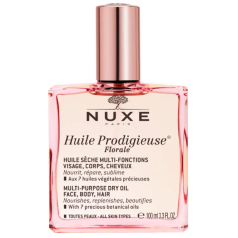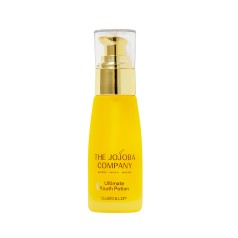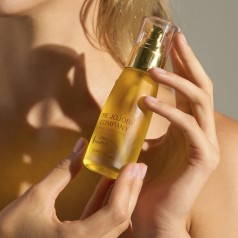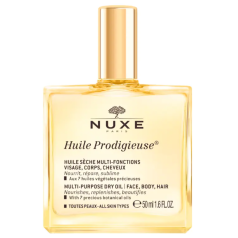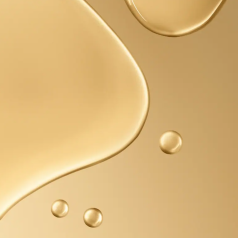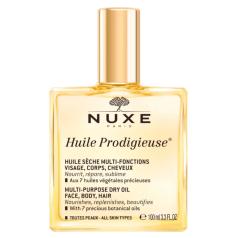If you're looking to improve your skin's health and appearance, then investing in a high-quality face oil is a must. These oils contain a range of beneficial ingredients, such as antioxidants, fatty acids, and vitamins, that can help reduce inflammation, improve skin elasticity, and protect against environmental stressors. Additionally, face oils can help balance your skin's natural oils, leaving it looking and feeling softer, smoother, and more radiant. So, why wait? If you want to achieve beautiful, healthy-looking skin, then a face oil is an essential addition to your skincare routine.
Buy the best-rated face oils in Australia.
If you're looking for a way to boost your skincare routine, look no further than face oils.
The benefits of face oils are endless—from providing moisture, improving texture, and elasticity, to nourishing your skin. Adding face oils to your skincare routine is a game-changer.
Is skin oil good for the face?
Your skin type and the kind of oil you use both play a role. The skin on the face can benefit from some oils, including jojoba, rosehip, and argan. As a result of their abundance in fatty acids, antioxidants, and vitamins that can help moisturise and nourish the skin, these oils are frequently used in skincare products.
But not all oils are safe to apply to the face, and using the incorrect oil can even be harmful. For instance, certain oils might block pores and cause outbreaks since they are comedogenic. Furthermore, certain oils might be too greasy or heavy for particular skin types, which can aggravate problems like acne or oily skin. It's crucial to pick a skin oil that is non-comedogenic and suitable for your skin type if you're thinking of applying one to your face. You may add oils to your normal moisturiser or use them alone as a moisturiser to hydrate your skin even more. Before using a new oil on your entire face, it is always a good idea to patch-test it on a small area of skin to look for any negative reactions.
When should we use face oils?
Depending on your skincare regimen and preferences, you can use face oils at various times. Here are a few typical scenarios in which you might apply face oil:
- After cleaning and toning, face oils can be used as a moisturiser. They can be particularly helpful for those with dry or dehydrated skin since they help moisturise and nourish the skin.
- Combining with Moisturiser: For additional moisture and nutrition, some people choose to combine a few drops of face oil with their typical moisturiser.
- Layering: To seal in moisture and create a layer of protection on the skin, use face oils as the final step in your skincare regimen.
- Targeted Treatment: Some facial oils have particular advantages and may be applied to address particular skin issues, such as acne, hyperpigmentation, or ageing.
- Makeup: Face oils may also be used with the foundation to give a dewy, luminous look or as a primer for makeup.
You should pick a face oil that is suited for your skin type and issues because not all face oils are acceptable for all skin types. It is advisable to start with a tiny quantity and modify as necessary because applying too much oil or an oil that is too thick for your skin might cause breakouts or excess oiliness.
Does face oil cause breakouts?
Although using face oil may not always result in breakouts, some oils have the potential to be comedogenic, or to clog pores and cause acne. If you are prone to acne or have oily, combination, or greasy skin, you must select a non-comedogenic oil.
Additionally, using an oil that is too heavy for your skin type or using too much face oil can cause breakouts. Start out with a little oil and build it up gradually as necessary. You may also experiment with diluting face oil and lowering the likelihood of outbreaks by adding a few drops to your daily moisturiser.
It's crucial to select a face oil that is suitable for your skin type and issues if you frequently break out. Choose oils like jojoba oil, grapeseed oil, or tea tree oil if your skin is known to be prone to acne or if the label says they are non-comedogenic. Before applying a new oil to your entire face, it is a good idea to patch-test it on a tiny area of skin to look for any negative responses.

